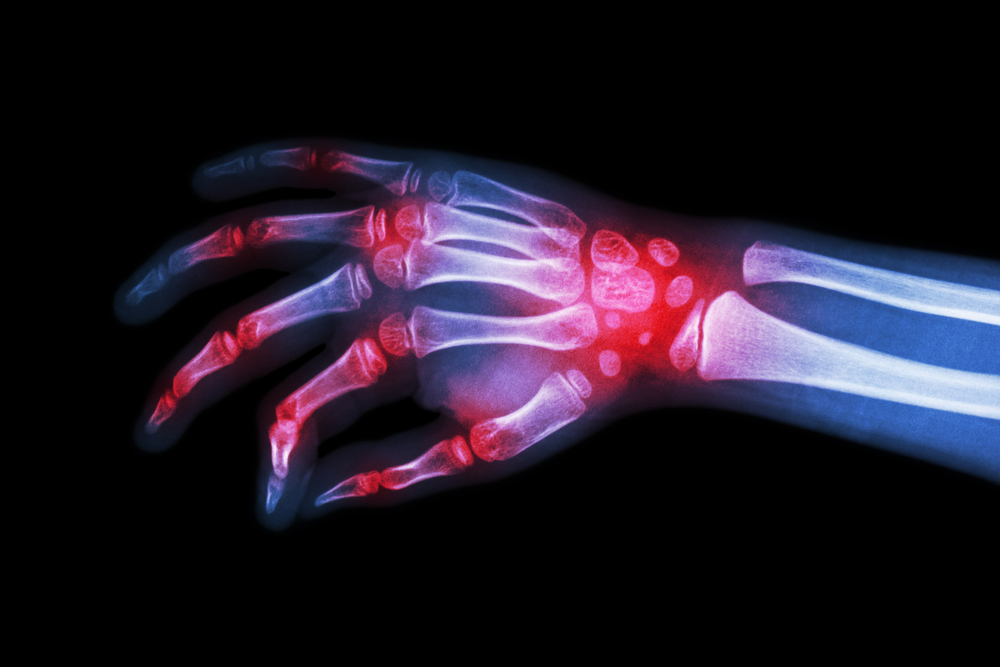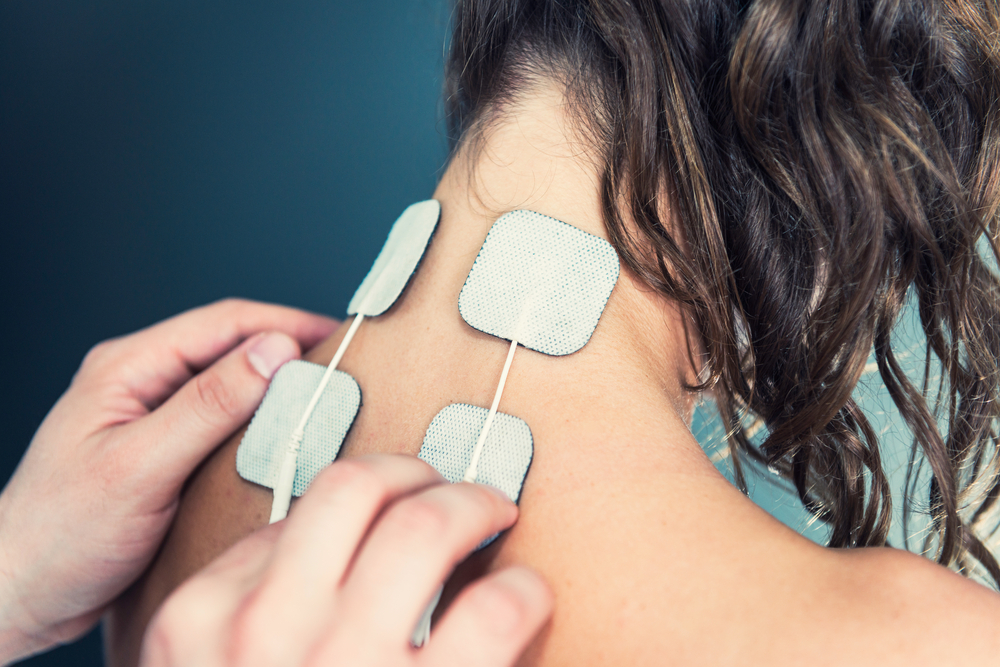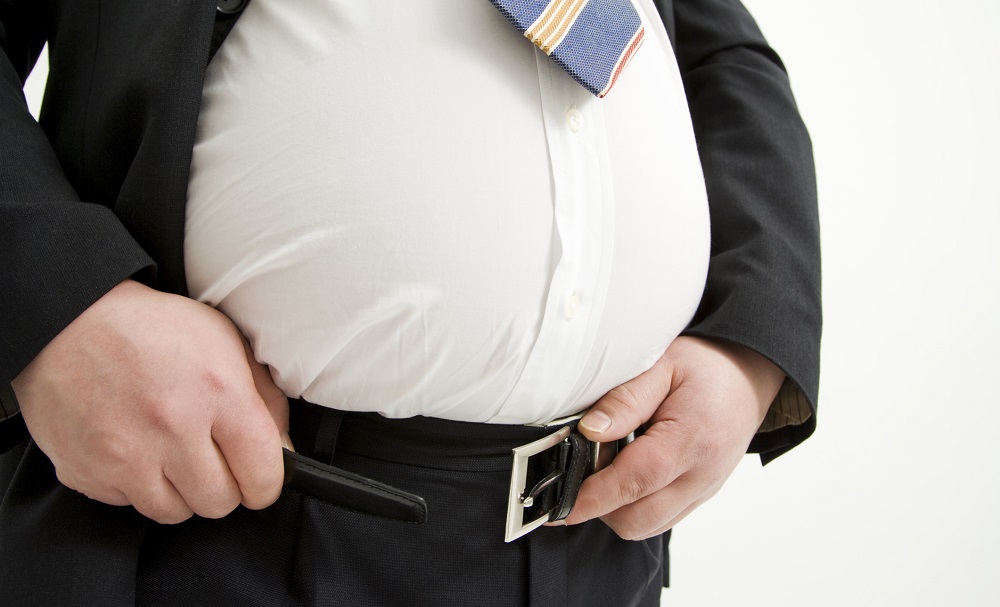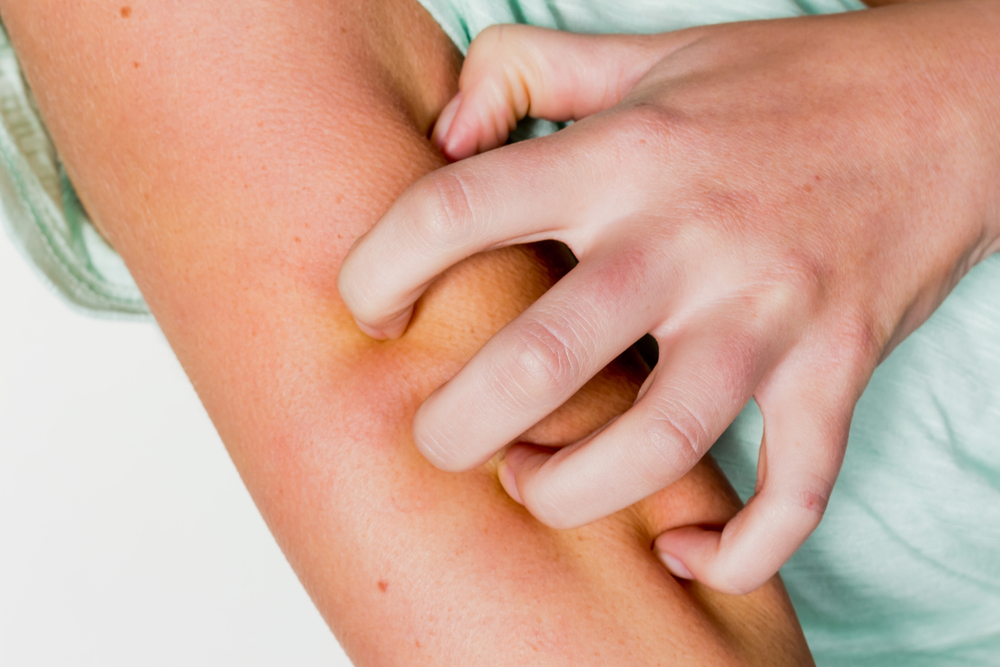
Shutterstock
In any major city worldwide, it’s hard to take two steps without passing several cafs. But health-conscious java lovers need to know: Is a regular caffeine habit perfect for your overall health, or should you cut?
Overall, the morning beverage gets superfood status in my opinion. It’s full of antioxidants and potential benefits. The catch? I might come across drinking the correct quantity.
Regularly drinking coffee will let you live longer. It could prevent Parkinson’s disease, depression, and kind 2 diabetes, plus promote a nutritious heart and liver. It even comes along with performance-enhancing benefits. Coffee might help push you further during exercise, whether or not it’s cardio or body building. So how does it work? The caffeine helps make the level of effort you’re setting up seem less than usual, this means you go harder without the need of noticing. This also boosts focus and extends the time period prior to when you feel fatigued.
Coffee can help lower risking potential stroke and potentially heart disease at Two or three cups daily, nevertheless it may raise unhealthy Bad cholesterol for a way it’s brewed. Choose “American” style that’s brewed and filtered rather than utilizing a French press. Filters remove a substance called cafestol which will raise cholesterol levels.
Party animals everywhere rejoiced with the news that coffee will help prevent liver damage. The latest review points too drinking 2 extra cups each and every day reduced potential risk of liver cirrhosis (a disease where healthy liver tissue is substituted with scarring) by nearly half.
Unfortunately, what is the news does not you are able to take an all-night bender and undo destruction with a cup or a couple joe. Those roasted beans aren’t magical. Weight problems, not getting enough exercise, and overdoing it on alcohol can not be reversed with extra coffee.
So Exactly how much Caffeine Is good?
The measure of caffeinated coffee you might want to drink for health rewards might depend upon your genes. You could be a “fast caffeine metabolizer,” meaning the body breaks it down quickly. Fast metabolizers can have heart health advantages from drinking between 2 and 4 cups each day. Slow caffeine metabolizers usually improve with less. How can you tell which sort you happen to be? See a registered dietitian who provides a nutrigenomics test to see.
The Mayo Clinic recommends you limit your caffeine to 400mg a day, or perhaps max of 4 servings of coffee. And a cup, I am not saying talking about your oversize mug that’s basically a biceps workout to lift or simply a venti from your favorite cafe. A single cup is 8 fluid ounces. If you are pregnant or breastfeeding, limit your caffeine to 200mg or less daily.
Some folks are especially caffeine-sensitive and may have to minimize far more. Should you be anxious and have uneasyness, it could be worth replacing most of your caffeinated brew with decaf and slowly weaning yourself down.
Another dietitian insider tip: Check out what you really are putting in your coffee. Will you regularly treat yourself to fancy drinks stuffed with sugar and calories? It is time to drink it black or having a just a little almond milk or skim milk and keep it short of calories. Try swapping out sugar and low calorie sweeteners to get a dash of cinnamon even for more antioxidant power. Look at my vegan cafe mocha recipe to locate the anti-inflammatory primary advantages of both java and cocoa!













